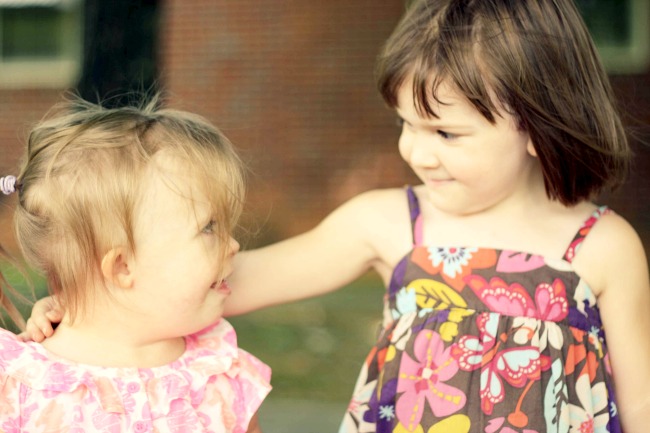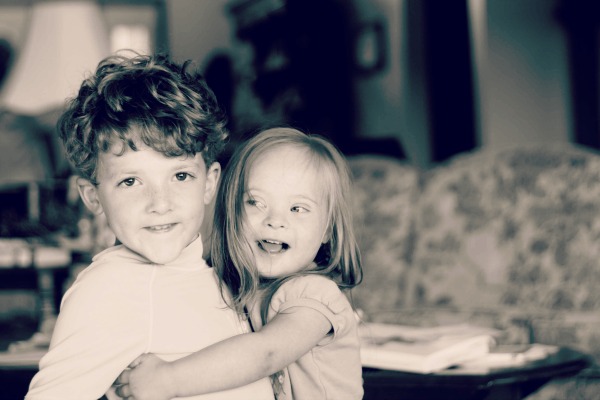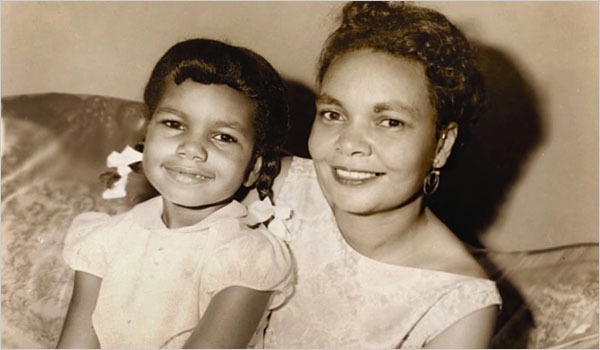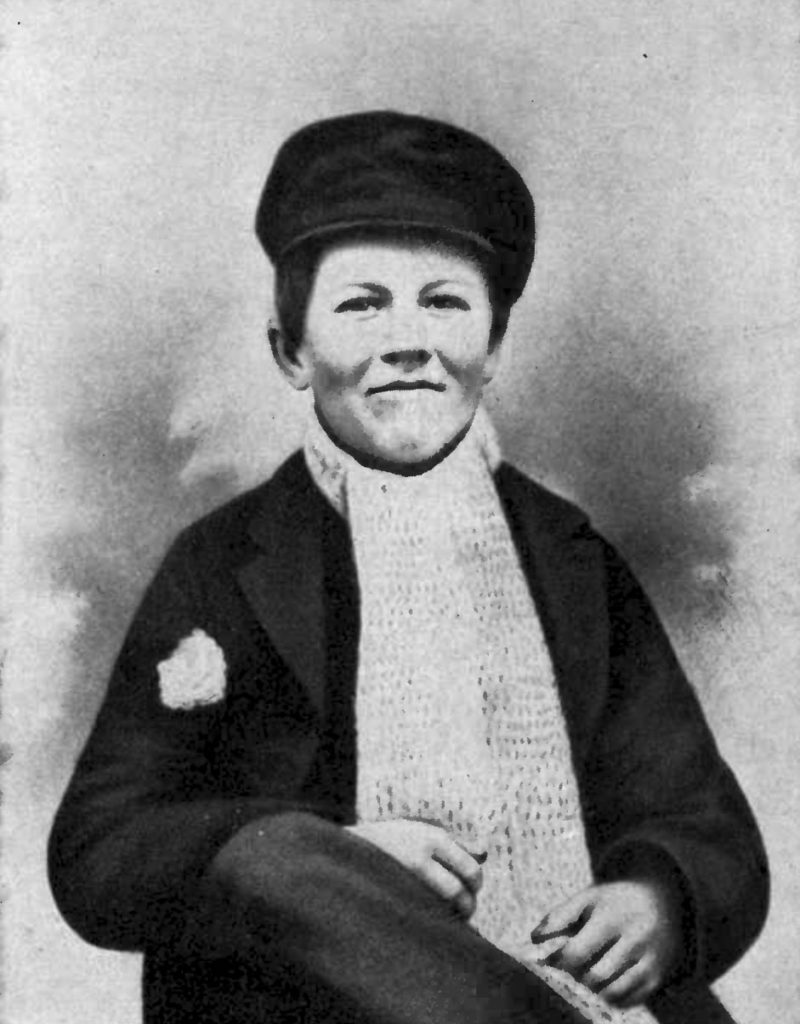I just want what’s best for them.
We hear it all the time. Who knows how many times I’ve uttered those words about my own kids over the last thirteen years?
When we live beneath the shadow of the American Dream, it’s easy to become fixated on everything as utmost — the best academics, the best sports program, the best neighborhood, the best reputation, the best curriculum — that we leave no room for the providences that come through less-than.
We leave no room for the humility and compassion that can bloom from being mistreated or marginalized.
We leave no room for the resourcefulness that can develop out of scarcity, out of not having what “everyone else” has.
We leave no room for our kids to take a stand when they’re surrounded by those who think exactly as they do.
We leave no room for the dark and needy places in our own communities.

In the quest to get it right for our kids, are we unknowingly teaching them that life is about insulating yourself within the sphere of “best” and “safe”? Are we so focused on providing them with the ideal that they’re losing their grip on the real? Are we setting them up to worship false gods? Are we obsessed with success at the expense of character?
I’ve had to wrestle intensely about this as a Christian and I’ve landed in a place that feels uncomfortable, scandalous even.
I don’t believe we’re called to what’s “best.” We’re called to Jesus, to the life He spelled out in his Word and lived out with his life and I’m sorry, but it doesn’t resemble the American Dream so much. It resembles homelessness, false accusation, rejection, sacrificial love, and death on a cross for the freedom of many.
I write this post as an offender on so many levels.
I write as someone who knows that even though my greatest hurts and devastations have carved themselves into my character for the better, I still want to keep my own children from hardship.
I write as someone who’s prone to give in and make them happy instead of withholding and watching fruit grow from what first had to die.
I write as a mom who still worships at the feet of the Ideal instead of humble submission to the Real.
I write as one whose kids go to a school where the demographic is one of more privilege than poverty, whose overachieving, middle-class values are seeping into their psyche, warping their perspective. And I am not so different.
I don’t have easy, practical answers. Like any 12-step program, I simply know that admitting we have a problem is the first step. Each family, each child, each school situation, peer group, and demographic are different. God calls us to the rich and to the poor and to everyone in between because we’re all needy beggars. He calls us to travel all sorts of educational paths and to share life with all sorts of others in the process.
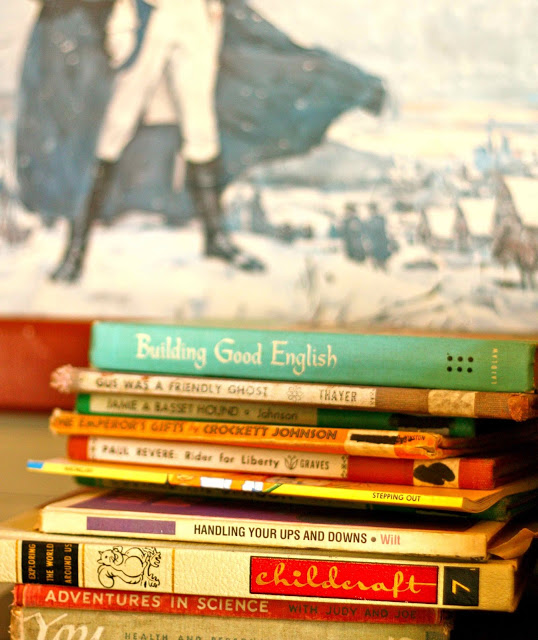
He doesn’t call us to pursue the “best.”
This can get especially messy for Christians because we like to toss around the term “Christian excellence” to justify our own achievement or validate the inordinate pressure we place on our children to succeed.
But is that really at the heart of the verses often used to justify the pursuit of “best?”
Jesus replied: ‘Love the Lord your God with all your heart and with all your soul and with all your mind.’ {Matthew 22:37}
Whatever you do, work at it with all your heart, as working for the Lord, not for human masters, {Colossians 3:23}
These are sobering instructions, verses I’ve used with myself and my own children to remind us of our work’s sacred significance. I long for all of my endeavors — the cooking, the mothering, the writing — to bring glory to God and not pats on the back, even though my motives are usually messy. {Perhaps I should say “I long to long for bringing glory only to God.”}
These verses examine the posture of our hearts, calling us to humility and hard work, service and self-forgetfulness in all that we do, whether we have a PhD or an 8th-grade education.
Here’s my point. “Christian excellence” and “wanting what’s best” can be a smokescreen for ambition, plain and simple. When we’re graceless, obsessed, trampling over others, living unbalanced lives, or crushed by failure — our own or our kids’ — we’re not pursuing excellence as unto the Lord. We’re pursuing excellence as unto ourselves. We stamp Jesus-y language on top of achievement and call it “Christian.” And in so doing, we live counterfeit lives and chase counterfeit dreams.
We’re teaching our kids to chase after the same hollow goals, to pursue what’s “best” instead of what’s fruitful.
As loving parents, we should want our children to thrive, to see their potential and to give them a vision for it too. But we also want to give them a vision beyond themselves. In Matthew 22:37, the verse I just mentioned, Jesus is actually quoting Deuteronomy 6:5. Guess what Deuteronomy 6:7 says? Impress them on your children.
But what are we actually impressing upon them, the pursuit of his kingdom or the pursuit of their own?
Friends, if wanting “the best” is simply the means to misplaced ends, it’s time to take a giant step back and examine what we are really called to and why.
The Kingdom of God is not like the Kingdom of this world. The Kingdom of God is about loving Him with all that we have and all that we are. It’s about loving others as ourselves and this is way more messy and sacrificial than I’m comfortable with. It’s about pursuing the least and the last — who are actually the first.
Because in God’s Kingdom, it’s Opposite Day every day.
Again, I write as the guilty party, as one who is prone to overachieve and over-desire and to pass these counterfeit values onto my children as a hollow inheritance.
But I long to live differently and I know that it will literally take an act of God. Here’s the good news. He has acted already on my behalf. His resurrection power can bring new life out of my barren heart.
Perhaps you long to live differently too.
It doesn’t mean we give up on what’s “best.”
It means we redefine it through Christ, the One who smiles at our best and says, Follow me. I have better.
/////
I’m tempted to issue a dozen disclaimers about this post. {It’s not what I normally write. I’m afraid it sounds self-righteous. It’s too long for a 31-days post. Everyone will hate me.} But I’ve learned that when the “publish” button looks especially scary, it’s time to be especially brave.
Tomorrow is the last post. Cue the angels, Netflix, and also my pillow. I hope you’ll join me. For all the posts in this 31-day series, go here.
For other posts I’ve written on this topic of school, go here.
I’m linking up with The Nester and her tribe of 31 Dayers.
Don’t want to miss a post in the series? You can subscribe and have each post delivered right to your inbox. As always, you may unsubscribe any time you like. {I promise not to sell your address to pirates, aliens, spammers, or The Gap.}

